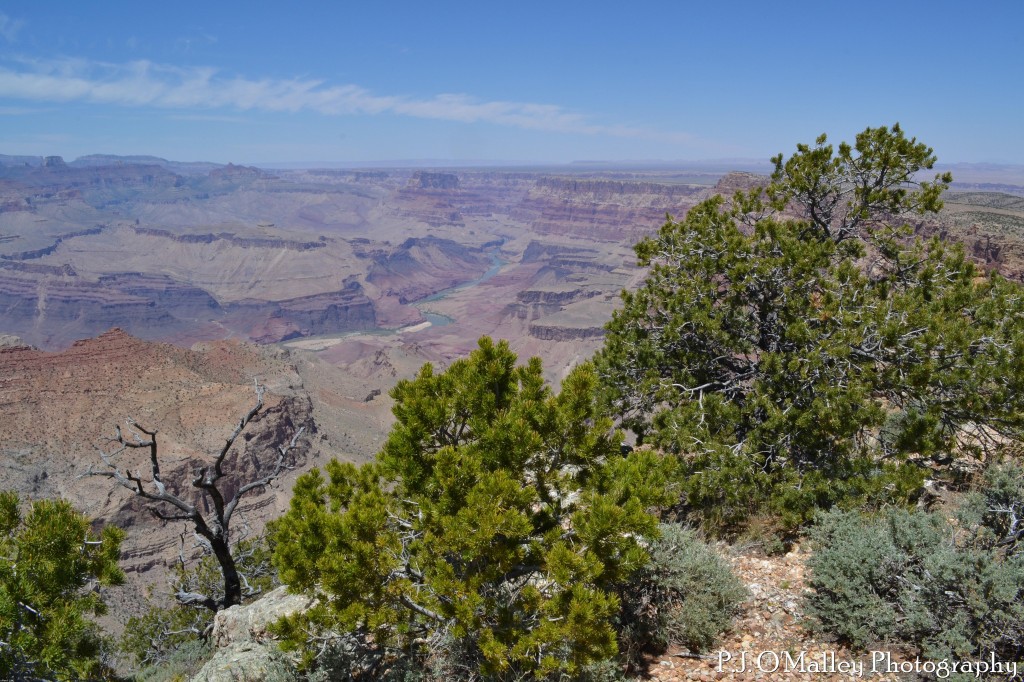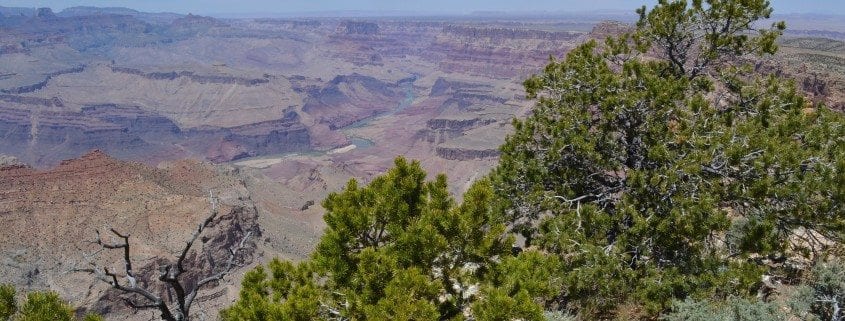Camping In The Wild For The First Time?
Wide open skies, an expanse of charcoal black canvas punctuated by scintillations of white, embers of red and dancing orange flames which crackle and splutter furiously, the smell of roasted marshmallows and hot dogs over an open fire, swaying canopies and the crunch of pine cones underfoot, the gurgling of a nearby stream or the soft splashes of lazy ripples as they hit the lake shore and the feeling that there’s no one around except you and good ol’ mom nature. Camping evokes a battery of emotions within us….some of them programmed, and some candid. But there’s another side to this beatific bliss. Camping in the wild for the first time can be quite the daunting task.
The wild is obviously teeming with wildlife, so be prepared for bears and rattlesnakes galore. And if you truly want to get away from it all and experience nature in its unadulterated glory, there is no grocery or convenience store to run to for miles around, in case you fall short on supplies. Let’s pick a popular camping destination, say… the wild Grand Canyon and explore potential camping spots, and make a list of do’s and don’ts that will make your experience in the wild, a not so wild one.

Photo by PJ O’Malley
Grand Canyon camping has four popular hotspots in the form of Desert View Campground, Mather Campground, North Rim Campground, and Trailer Village RV Park. If you are looking to pitch camp outside these designated campgrounds, inside the Grand Canyon National park, you need a back permit which costs just $10. If you are looking to get away and pitch in the middle of absolute remoteness, camping must be at least .25 mile / .4 km away from Highway 64.
Here are some tips to keep in mind while setting up camp backcountry in the Canyon.
- Find a spot well removed from roads, and houses
- Make sure you don’t trespass on private property.
- Don’t camp in dry riverbeds, you may never know when they may come to life. Even a brief spell of rain might result in a torrential stream.
- To keep wild animals at bay, may sure you cook your meals at least 200 metres from your tent. After you are done with the supplies, tie them in a tree. Make sure you tie up garbage as well. Scraps and leftovers are potential lures for wild animals.
- Don’t light a fire unless necessary. Some areas require special permits to light fires. Try and avoid playing loud music.
- Aside from a sleeping bag, a tent, spare clothes and waterproof material, your supplies should include – a swiss army knife, lightweight cooking equipment, milk powder and instant meals, water purifying tablets, a powerful torchlight, a compass and map, tissue roll, first aid kid, towels, a small trowel, wet wipes, garbage bags.
- Even if you are planning to camp near a water source, try and carry plenty of drinking water with you.
- Pitch tent away from hiking trails.
- Make sure you take all the garbage back with you. The key is to leave the site as it was found – pristine and untouched.




